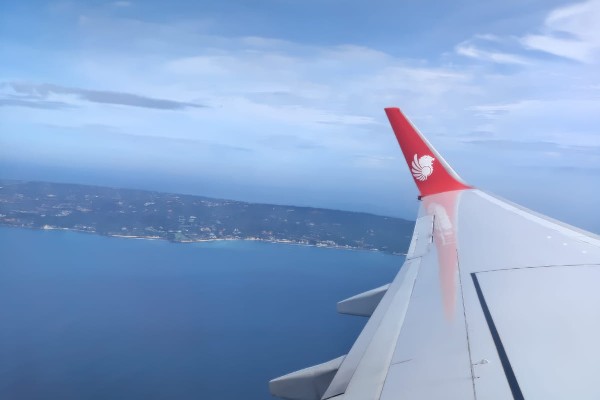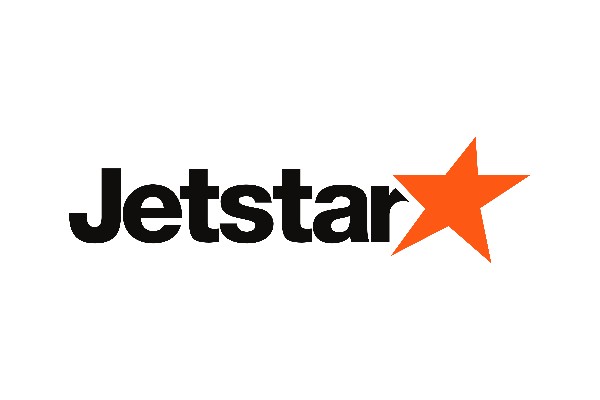Staying in Bali for more than just a holiday
Bali cancels plans to open borders for international travelers by the end of July
Bali cancels plans to open borders for international travelers by the end of July
27
1 July 2021
The government targeted to reopen Bali for international travellers by the end of July 2021; however, as the number of Coronavirus infections have risen dramatically across Indonesia in recent weeks, this plan seems to be no longer applicable and need to be reviewed. According to data, there has been a fourfold increase in Bali for the last two weeks, from 50 cases to roughly 200 cases per day.
In an interview, Tourism and Creative Economy Minister, Sandiaga Uno said the government would wait until Covid-19 cases drop sufficiently before opening Bali to foreign tourists. “We were hoping for the end of July or the beginning of August (to reopen the border for international tourists), but we just have to be aware of where we are in this latest coronavirus outbreak,” said Sandiaga. Before reopening, the minister expected daily coronavirus infections in Bali to drop to 30 or 40 cases per day.
The government has prioritized the vaccination program in Bali, and early findings have been positive, with most patients infected with coronavirus displaying only minor symptoms. Hospital bed occupancy rates on the island remain less than 50%, while Java was approaching 100%.
More than 70 percent of Balinese have also received their first vaccine dosage, and the goal of fully vaccinated 70 percent of the total population by the end of July is not impossible to reach.
Still, the government considered implementing another Micro Scale Social Restriction (PPKM) in Java and Bali from 3rd to 20th July is mandatory. This protocol is expected to be followed by decreasing numbers of daily confirmed cases to less than 10 thousand/ day. Several changes will surely affect the daily lives on the island:
- Non-essential sectors must do all employment activities from home 100 percent
- Schools must carry out all teaching and learning activities online
- For essential sectors industries, a maximum of 50% of Work from Office (WFO) staff is applied with a health protocol. Types of industries or companies considered essential sectors are finance and banking, capital markets, payment systems, information and communication technology, non-quarantine handling hotels, and export-oriented industries
- For critical sectors a maximum of 100% of Work from Office (WFO) staff is allowed with a health protocol. Types of industries or companies considered critical sectors are energy, health, security, logistics and transportation, food, beverage and supporting industries, petrochemicals, cement, vital national objects, disaster management, national strategic projects, construction, basic utilities (electricity and water), as well as industrial needs on fulfilment everyday staples of society
- Malls, traditional markets, grocery stores, and supermarkets that sell daily necessities, operating hours are limited to 20.00 local time with a visitor capacity of 50% (fifty percent)
- Restaurants and cafes only accept delivery/take away
- Places of worship (mosques, prayer rooms, churches, temples, temples and pagodas, as well as other public places that function as places of worship) are temporarily closed
- Public facilities (parks, tourist attractions and other public areas) are temporarily closed
- Art/cultural, sports and social activities (venues of arts, culture, sports facilities, and social movements that potentially draw crowds) are temporarily closed
- Public transportation (mass transportation, taxis, conventional and online, rentals) is enforced with a maximum capacity setting of 70% (seventy percent) by implementing stricter health protocols;
- The wedding reception is attended by a maximum of 30 (thirty) people by implementing stricter health protocols and not allowed to eat at the reception. Food can still be provided in sealed containers to take home.
- Long-distance travellers using airplanes, buses or trains must show a vaccine card (at least dose I vaccine) as well as 48 hours PCR test before flight or Antigen 24 hours before departure for other transportation modes
- Police Department, The National Military Army and Regional authorities to carry out strict supervision of the implementation of the Micro-Scale Social Restriction
Latest Corona Articles
Block "483" not found
Block "634" not found


















